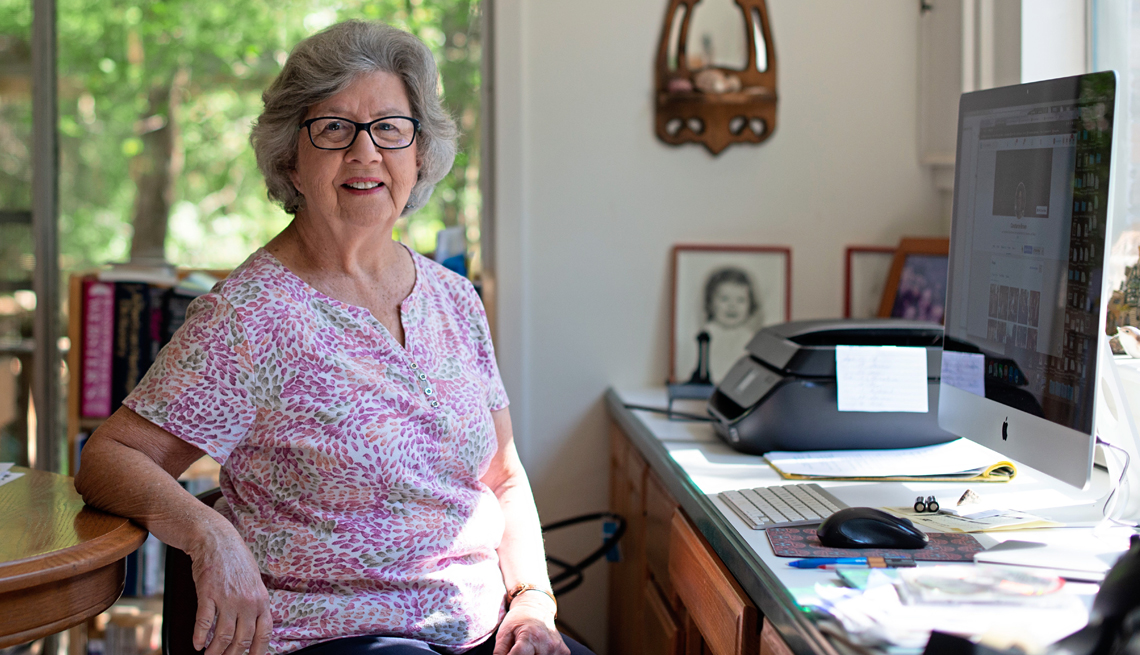
- Select a language for the TTS:
- UK English Female
- UK English Male
- US English Female
- US English Male
- Australian Female
- Australian Male
- Language selected: (auto detect) - EN
Play all audios:
After hours of back-breaking work, labourers load the harvest onto a truck to take them to the DPC. In the delta districts of Thiruvarur, Thanjavur, Mayiladuthurai and Nagapattinam, DPCs are
functional every harvest season. DPCs are usually set near temples where open spaces can be used to store the procured paddy. During the harvest, farmers often find themselves juggling
multiple tasks. When the paddy is loaded onto a truck, they need to coordinate between harvesting machines and load the trucks simultaneously. A spell of rain can damage the paddy grains.
At the DPC, there is limited space to store the paddy, leaving farmers scrambling to find suitable places to pile up their yield. “Competition for space is fierce,” said Rajesh. It becomes
challenging to store paddy till their turn arrives. Consequently, farmers who harvest a day earlier reserve their space by placing _padutha_ (cover) inside the DPC. Paddy cannot be stacked
on the nearby road because of potential damage from passing vehicles. To prevent further damage it is necessary to assign someone to protect the paddy. Several farmers experienced theft of
their produce while waiting for their turn at DPC. This has forced farmers to sleep at the DPC at night to safeguard their hard-earned crops. Farmers encounter additional obstacles at the
DPC. Corruption is rampant, leading to delays in the procurement process. When the paddy is finally procured, it is run through a machine to remove the husk. However, improper settings cause
a significant amount of paddy to be processed with the husk, reducing the overall yield available for sale. This results in a lot of paddy getting mixed with debris. The inefficiency
further diminishes the quality and quantity of saleable yield. To address this, farmers again assign labourers to manually separate the paddy from the debris. After procurement, “farmers are
charged bribe per unit of bag paddy being sold to receive a receipt, eating into their already meagre profits,” said Rajesh. Farmers borrow money to cover their expenses in the meantime.
Some farmers, frustrated with the delays and bureaucracy of the DPC, choose to sell their paddy to private buyers. Private traders often buy the paddy directly from the field, thus, cutting
down the transportation cost to DPC. But these buyers frequently claim the paddy is of poor quality and pay for 2-3 kg of grains less per bag to adjust the price. In some cases, private
buyers purchase paddy at a low price from farmers and then resell it to the DPC for a substantial profit, often facilitated by bribes. The presence of middlemen in this transaction may leave
the farmers with even less income for their hard work. From the initial cutting of the crops to the final sale, every step is a battle against time, weather and bureaucracy. Despite these
challenges, “farmers persevere, driven by the hope of a better future and pride in their work,” said Swaminathan. _Kulothungan C is a paddy farmer and research consultant at Ashoka Trust for
Research in Ecology and the Environment (ATREE), Bengaluru. Jyoti Nair is a Senior Research Associate at ATREE._ _The "Policy Learning, Local Knowledge, and Advocacy (POLKA)"
project, funded under the Water and Development Partnership programme at IHE Institute of Water Education, Netherlands,_ _aims to bridge the gap between policy and practice to promote
sustainable food production and ecosystem management in sub-Saharan Africa. In India, with support from ATREE, the project has been focusing on the Cauvery Delta region in Tamil Nadu since
2022._ _Views expressed are the authors’ own and don’t necessarily reflect those of _Down To Earth.








